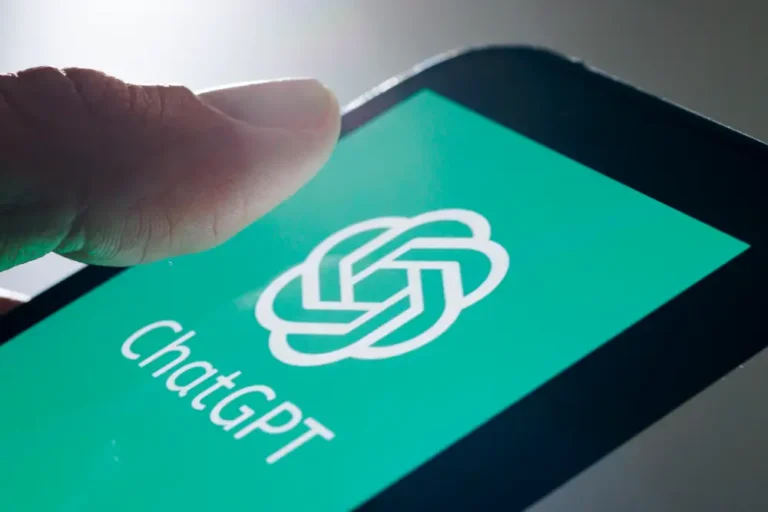ChatGPT is a groundbreaking artificial intelligence chatbot created by OpenAI that has changed how people interact with machines. Since its launch in November 2022, it has become a major player in the AI world. By understanding and generating natural language, ChatGPT allows users to have meaningful, human-like conversations on a wide range of topics. Whether it’s used for learning, coding, business tasks, or casual chatting, this tool is reshaping digital interaction in 2025.
ChatGPT runs on large language models, which are trained on huge amounts of text data from books, websites, and other sources. These models allow the AI to understand context, respond accurately, and even generate creative or technical writing. Initially launched with GPT-3.5, ChatGPT quickly advanced to GPT-4 and now includes the latest version called GPT-4o, where “o” stands for omni. GPT-4o, released in May 2024, brings major updates, allowing ChatGPT to understand text, images, and voice in real time.
The evolution of ChatGPT has led to a range of new features and tools. Users can now speak with ChatGPT using natural voice, making conversations more fluid and interactive. The AI can also analyze uploaded images, describe them, and answer questions about them. These features are especially useful for education, customer support, creative projects, and accessibility tools. For example, students can use ChatGPT to help with assignments or explanations, while developers can get real-time assistance with coding.
ChatGPT is available on multiple platforms. Users can access it through web browsers at chat.openai.com or download mobile apps for iOS and Android. OpenAI has also partnered with Microsoft, integrating ChatGPT into Microsoft products like Word, Excel, and Bing. This integration lets users receive AI-powered assistance directly within the tools they use every day. Businesses can also access ChatGPT through the OpenAI API, allowing them to build custom chatbots or services powered by the same technology.
The paid version of ChatGPT, known as ChatGPT Plus, gives users access to GPT-4 and its advanced features. Subscribers get faster response times, priority access during high traffic, and the ability to use GPT-4o. This version also includes a memory feature, which allows ChatGPT to remember preferences and past conversations. Over time, this helps the AI provide more personalized responses. These memory settings can be controlled by the user and are designed with privacy in mind.
OpenAI has also made it possible for users to create custom GPTs. These are special versions of ChatGPT built for specific tasks or needs. For example, someone could create a GPT that only answers in a friendly tone or provides help with legal topics. Custom GPTs can be made without any programming experience and are available through the ChatGPT interface. This level of customization has opened new doors for educators, marketers, developers, and everyday users.
ChatGPT has grown rapidly, but it still has some limits. Sometimes it gives incorrect answers or makes up information, a problem known as “hallucination.” It also may not always understand very complex or unclear questions. Despite these issues, ChatGPT continues to improve with updates, better tools, and real-time feedback from users. OpenAI has also made efforts to ensure transparency, offering users control over how their data is used and making it clear when AI is generating content.
Competitors to ChatGPT include other major AI models like Claude from Anthropic, Gemini from Google, and open-source models from Meta and Mistral. Despite this competition, ChatGPT remains one of the most widely used AI chatbots thanks to its speed, accuracy, and growing list of features. Its ability to handle both casual and professional tasks has made it a valuable tool for millions of users around the world.
With more updates expected and continued interest from businesses, educators, and developers, ChatGPT is likely to remain at the center of AI development. Its growing role in daily life is a clear sign of how artificial intelligence is no longer a future concept but a tool people rely on every day.







